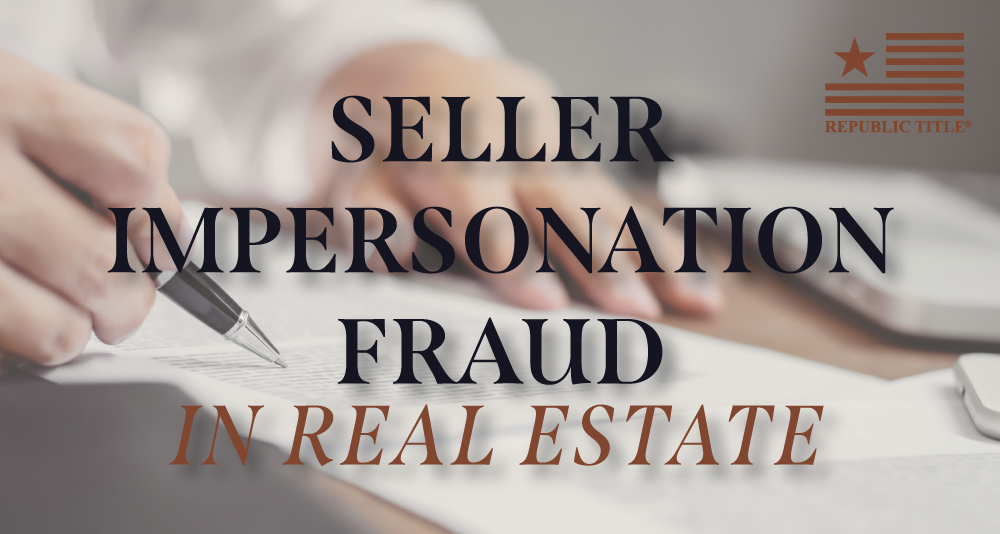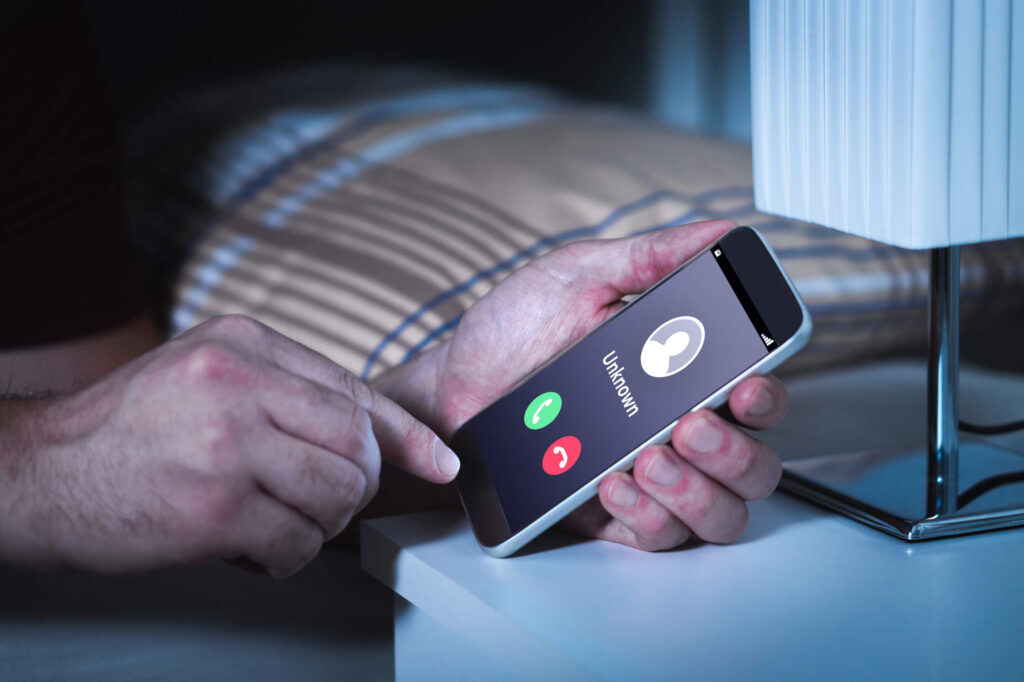Seller Impersonation Fraud

Fraudsters are impersonating property owners to illegally sell commercial or residential property. Fraudsters are using the real property owner’s Social Security and driver’s license numbers in the transaction, as well as legitimate notary credentials, which may be applied without the notary’s knowledge. The criminals are highly sophisticated and hard to detect if you are not […]
Smart Homes: What Realtors Need To Know
Is Your Seller’s Surveillance Putting Them At Risk?

Have you thought about the possible legal considerations regarding the listings you may have that have audio or video devices? Here is a great article written by Wes Bearden that touches on those issues. Selling a home can be frustrating to homeowners. They’re asked to allow strangers into their home. They may never receive feedback […]
Spam Calls From International Phone Numbers

Have you been receiving phone calls from unknown callers (mainly from Sierra Leone)? Well, you are not alone. These are scam calls. The FCC advises the following: Do not call back numbers you do not recognize, especially those appearing to originate overseas. File a complaint with the FCC if you received these calls: fcc.gov/complaints If […]
IRS Scams – How to know it’s really the IRS calling or knocking on your door

Over the last few years, phone and email scam’s have been on the rise. Here’s what you need to know about how the IRS contacts taxpayers, so you’ll be prepared if someone attempts to scam you. Many taxpayers have encountered individuals impersonating IRS officials – in person, over the telephone and via email. Don’t get […]
